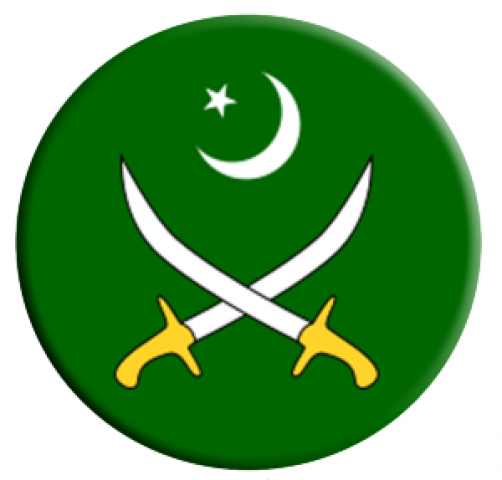Changing paradigm
Despite realising that our biggest problem originate from within, army shouldn't be spared criticism on other...

Pakistan army has amended its doctrine to recognise domestic militants as a larger threat than neighbouring India.
Welcome though this shift in focus may be, we should not simply take words at face value. Translating rhetoric into reality will require a number of steps that the military should take immediately. The first should be to redeploy at least a fraction of the soldiers posted on the Indian border to the Durand Line. Since the military itself has now admitted that the greater threat is in that area, there is no reason for this shift not to take place. In fact, the section on domestic terrorism in the Green Book specifically mentions that many militants are taking refuge across the border in Afghanistan. Currently, about 60 to 70 per cent of our 500,000 active duty personnel are posted on the Indian border while only 100,000 patrol the Afghan border. Rectifying this skewed ratio should be a priority for the military.

Another consequence of this potential shift is that it may nudge the peace process along. The military has often been seen as a roadblock in the quest for permanent peace and India is fearful that it may scuttle whatever little progress has been achieved. If the military does indeed follow through and concentrate more resources on the Tehreek-e-Taliban Pakistan (TTP), it could leave our politicians free to negotiate with India without having to continually look over their shoulders.
On the home front, this change in focus also needs to be accompanied by concrete measures. That will likely mean the military will have to take the one step it has been avoiding for years: a sustained military operation in North Waziristan that specifically tackles the Haqqani network. It would be unfair to say that the military has done nothing to go after the militants since it has fought and continues to fight in the tribal areas and in Swat. But its singular focus has been the Pakistani Taliban. There is considerable overlap and cooperation between the two, as well as a shared murderous ideology, and so, if the threat of domestic terrorism is as pressing as the military now claims, it has no excuse for making this distinction. That would also require discarding the discredited and flawed theory of strategic depth, which has achieved little for Pakistan.
Despite the welcome realisation that our biggest problems originate from within our borders, the military should not be spared from criticism for other changes in the Green Book. The reference to foreign proxies being a threat to Pakistan is based on denial. It is not made clear if the proxies in question are meant to refer to the alleged Indian-backed separatists in Balochistan or is an affirmation of conspiracy theories that the TTP is a CIA concoction. Either interpretation reflects poorly on the military’s ideology. Its tendency to look outwards rather than examine itself has been one of the main reasons militancy has thrived. Introspection is sorely in order to overcome the militant threat. This new military document should be seen as a belated attempt at that but much greater awareness will be needed as well as for this awareness to seep through to the general population to eliminate the threat and recognise that the war we are fighting is for our own people.
Published in The Express Tribune, January 4th, 2013.














COMMENTS
Comments are moderated and generally will be posted if they are on-topic and not abusive.
For more information, please see our Comments FAQ